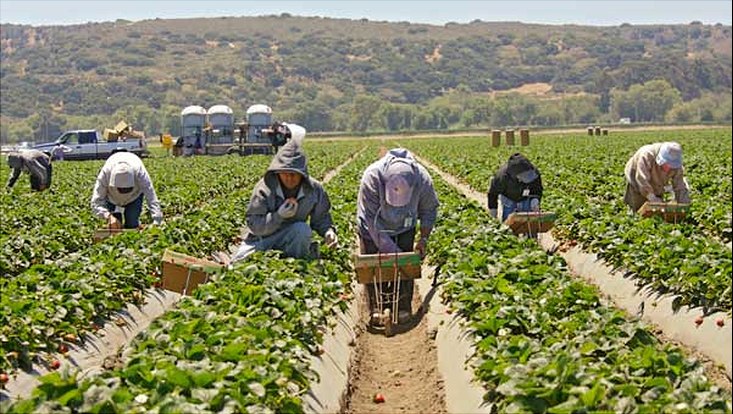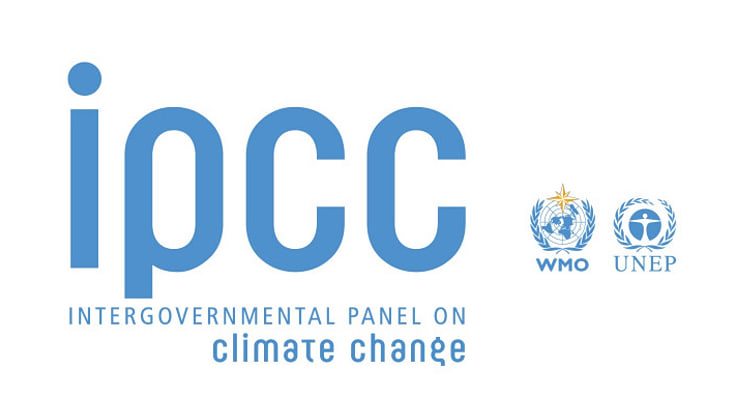New publication: Heat impacts on the agricultural sector
23 September 2024

Photo: H. Hubbs via Wikimedia under CC BY 3.0
The research group Climate Extremes has contributed to the recently published study “Human heat
stress could offset potential economic benefits of CO2 fertilization in crop production under a high-
emissions scenario” by Anton Orlov.
Climate change poses a threat to food production through various mechanisms. Increases in greenhouse gas concentrations, temperature, and changes in precipitation patterns can directly affect crop yields. While an increase in carbon dioxide can enhance productivity—a phenomenon known as the carbon dioxide fertilization effect—many agricultural systems depend on labour-intensive
practices that take place outdoors. Rising temperatures can lead to heat stress among workers, which may hinder their ability to perform physically hard work, ultimately impacting overall agricultural output. The implications of climate change for food availability and pricing are pressing societal issues, yet their joint effects on agricultural productivity remain largely unpredictable. An evaluation of how future climate change under high emissions might influence the production and pricing of four staple crops—maize, wheat, soybeans, and rice—indicates that increased heat stress will likely diminish labour capacity and elevate labour costs, particularly in regions like Africa and Asia. This scenario could negate the potential economic advantages gained from higher yields associated with elevated CO2 levels. To mitigate the risks posed by heat stress, it is crucial to implement proactive adaptation strategies, such as the adoption of mechanization in farming practices.
The study has been published in the journal One Earth with contributions from Prof. Dr. Jana Sillmann and Dr. Benjamin Poschlod.


